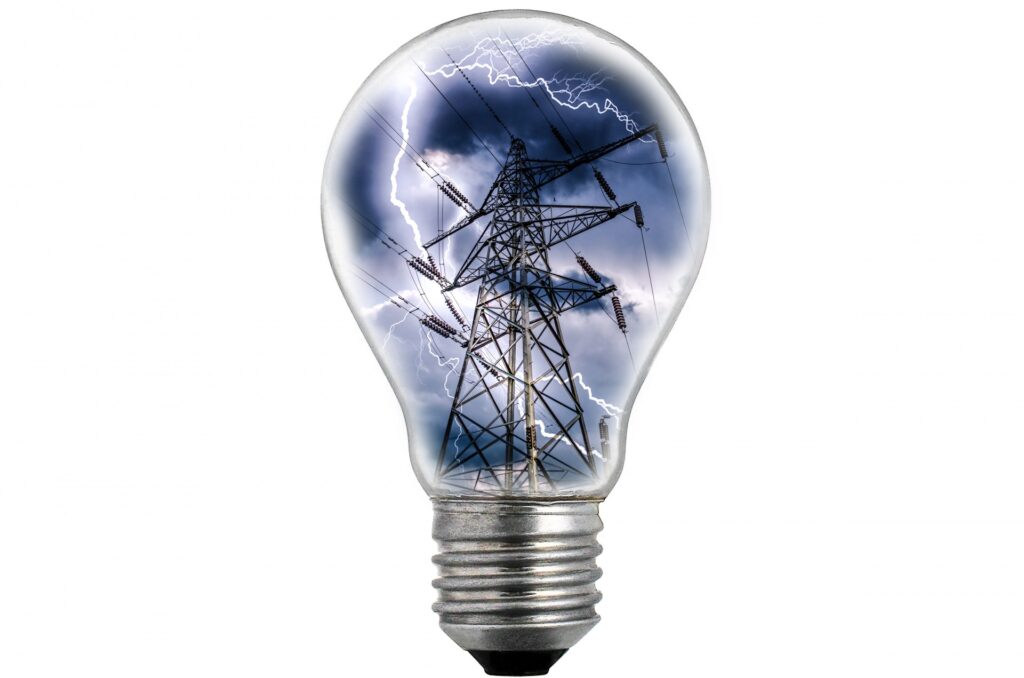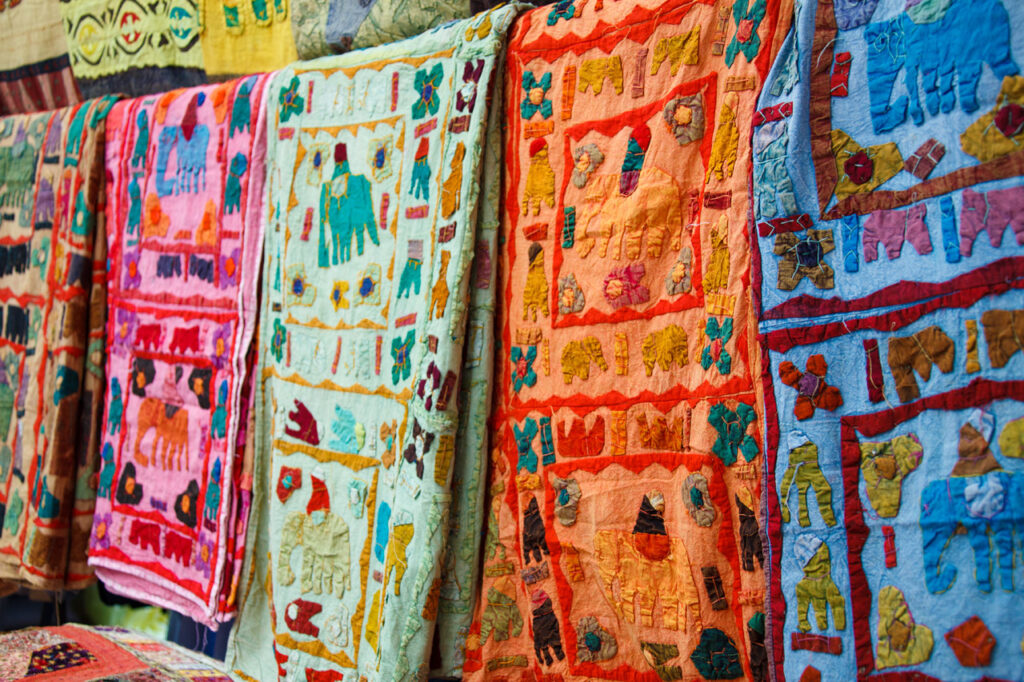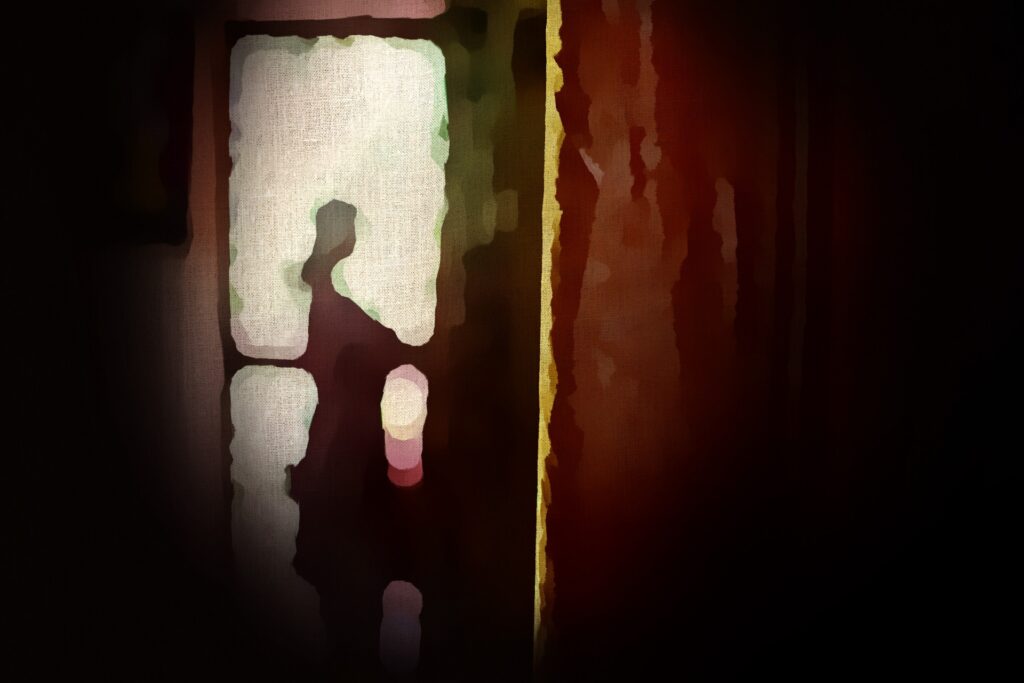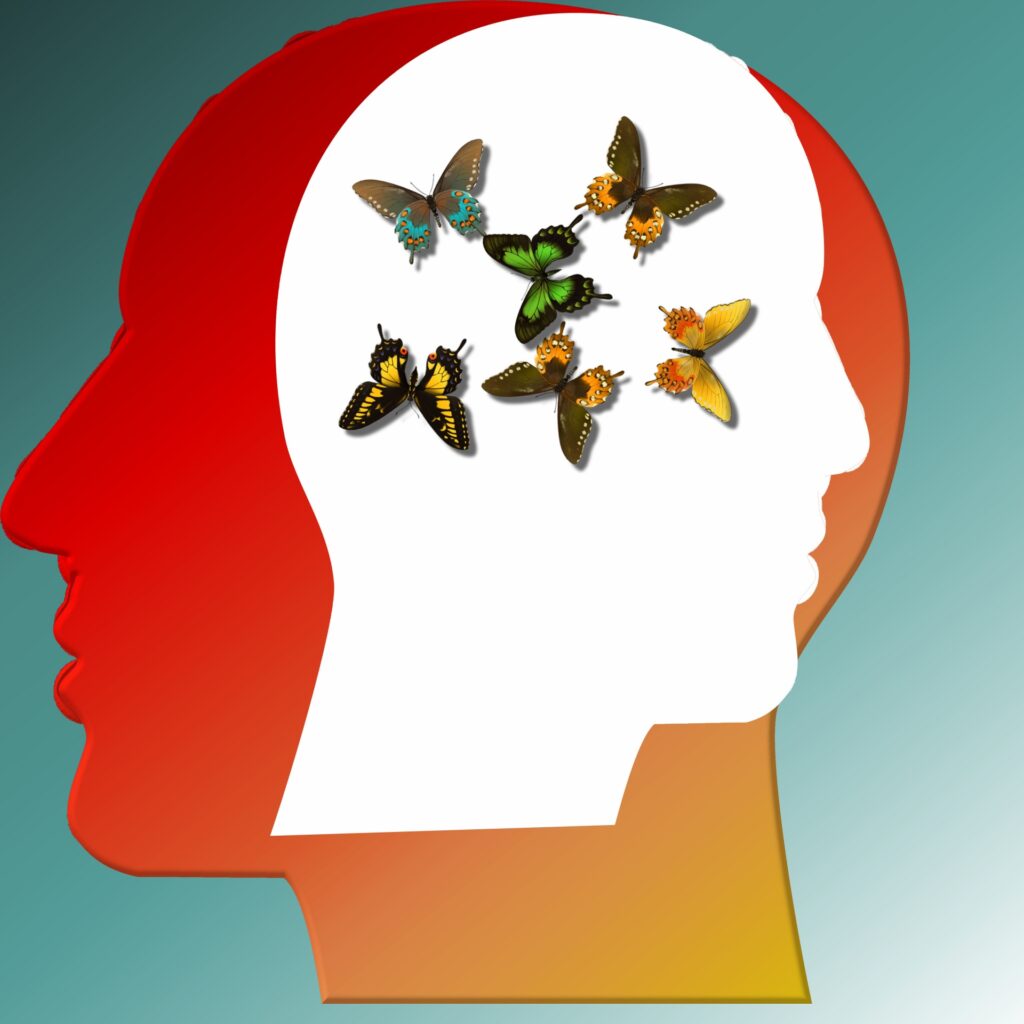THE SOLITUDE OF MAN In this Market, Man stands alone, like a flower among thorns Not until he tips the merchant Like a seller, waves an old customer to a seat. Then, he becomes a camouflaged chameleon. In this Market, Man is desperate to announce himself Like a child, through pained cries. Over time, he registers his presence with goosebumps amidst cries. In this market, Man stands alone When through the crowd, he walks like the wind. Unaccompanied. Unseen. Unheard. Untouched. But felt. In this market, Man stands alone When the seats once warmed by his presence, Like the heat of the sun, are left cold, when he sets like the sun. In this market, Man stands alone When his name is called before titles and crowns. The silence drowns out his screaming response. In Honour of Late Awo. Poet's Bio Uduak Wisdom Ezekiel is an indigene of Mkpat Enin, Akwa Ibom state. He is an Undergraduate in the faculty of Law, University of Uyo, currently taking courses on creative writing and Poetry on Coursera. He has won several literary prizes for speaking and writing, and already his first work published on Synchronized Chaos Magazine titled, The Solitude Of Man along with hundreds of unpublished ones.
Monthly Archives: July 2022
Poetry from Muhammed Sinan
*The foggy day*
It's the time to wake up early
With the distress of fog
The white cool air fills my room
With a sneezing sound.
It pushes me into bano (bathroom)
With my morning tools
I open the tap
The snowy water falls into the vase.
I run back to the room
Jump into my bed and begin to
Sleep with my pillow
Which once I used to hug every night.
Poetry from Ian Copestick
The Rainstorm I sit here 11:40 p.m. Listening to a rainstorm. There can't be many better feelings than this. Than being safe inside, and hearing the elements outside. The rain hammering, battering at your window, as you drink your last drink. Give your cat, and dog a goodnight stroke, turn off the lights, and just lay there listening to the rain. Falling, falling, falling. They Are There I've really, really enjoyed tonight. Catching up with a friend. Consuming both red, and white wines, and whisky. But that's far from the most enjoyable part of the night. That would be the conversation, the laughter, of which there was plenty. Sometimes I feel quite misanthropic, but nights like tonight show me just what a fool I am. Yes, some people are monsters, but there are also the other type. The genuinely good ones, I'll admit that you don't come across them very often, but they are there. Buddhist-Curious Once upon a time, I was reading up on Buddhism. I was feeling very depressed, and one of the first things I saw was that one of the four Universal Truths is that, " All Life Is Suffering." The way I was feeling right then, I was very impressed with that. It really struck me as a Universal Truth. I read more about Buddhism. But, a year later, I realised that, it's not quite true. Not in the slightest. I'll agree that a Hell of a lot of life is suffering, but no way is all of it. There's sex, although it's a long time since I last had it. Music, poetry, comedy, drinking. A walk in the sunshine. A beautiful meadow, my beautiful pets . Yes . There's a lot of suffering, but there are also a lot of good times. A lot of fun.
Poetry from Paul Olayioye
Forgotten / twirl
- how easy to be a roving corolla; to be the left wing
of a butterfly, fluttering
through a garden of memories, infest by thistles,
infest by whatever the gun left behind.
last week, a chapel was invaded & all present
left a landmark of a crimson river.
in my calligraphy, every letter is a florid stain
of a body, rippling &
forming a col.
in this poem, everything is all about grief.
i heard memories are the biological
father of pain, often tearing into your mind.
& i don't know how to sift pain out of
this body / to sift myself from this lack
of wilting something calories.
but i do know that to sieve myself
will touch this little cornflower, hiding
behind the bars of my ribs.
so i hide myself, beside the grave
of a mother, whose chest form a
cladding for me during a gun battle.
& this is not the first time i reel
to this point. my aims were clear:
to see if a bluebell lush will sprout
from her grave. / to see if the requiem
of her portrait will revolve again.
but every night i revisit, night respond
with a rhetorical silence. & i thought
everything is gone. i thought the
refulgent of my hope has wreck into
this night. i thought that the myth
that proclaim spirits wear the moon
to see their love ones have effect,
& my mother, wreck into a black
indigo of nothingness.
this night, i filch out again. the tarmac roads
so attentive that they echo my footsteps
& i feel i was turning a knob of something, feral.
same - the moon went into extinction. & i
break my toe on a gravestone. i knew this
mother was warning me to stop obstructing
her sleep / to stop trucking back to
memories. so i left everything on a flower -
a rose flower - i drop on the top.
i left every memory there & walk out -
walk out of the repose; walk into a life
still shredding people like a deciduous
tree. one day - someday - i, too, will be
forgotten this way.
Springs - Heaven's Droplets
Every dawn, I revolve into a garden of
meadows. At this point, the grass have
recoil in warm bathe from heaven. To
walk there will enthrall one in a svelte, to
always refurbish after a bedevil life.
Once, I was a boy praying that the miry
of lack - poverty - sinking my family will
be dry. Heaven knows how much I
scrolls this prayer before their tablecloth.
Even before this poem was birth &
bath, I was on a rusty way to the brook chapel
to wash my family's curse, milk on garbs.
My foot, clashing against the pebbles.
That means, troubles. That means, the
way to cleanliness is a sanguinary &
needs something red to rewash itself.
That means, everything wants to wash
itself all the memories, sticking on a hairy
skin. Here, if you don't wash yourself, you are
a walking corpse, carrion. You are leprosy,
nobody will wish to clash. So I take my buta*
& refill it with the springs left in the well -
getting gabby. I know if I must blush like the
grass, I must wet this body; flux out everything
that makes me ooze rancid breath before God.
So I pray, my head on the mat, that: God, give me
this heavenly springs, before I wilt & twirl.
Buta: it means a little kettle, use by Muslim to do absolution.
Wrecking
After Chibueze Obunadike, how to eat a father's sin
anytime my father chap a tree, i carve the former
& the aftermath. how i will come to miss the tree
& the fruit it produce. how the leaves, forming a
debris on the floor, will etch grief on my brain.
to eat a father's sin is to take a kola from my father's
palm & chew: my teeth, browning like his. how i look
old from the way i munch. he do tell me how much
his grandfather love to break a lobe daily & offer him
one. after his dead, responsibility were shred to each
child to wash the debts his father left behind. & that
debilitates him, sweeps him into the stream of solitude.
where i come from, we are living in claustrophobic hamlet
& everyone fears, debts spread like flood & enclose
every home. my father once gargle a palm gourd of
about a future & i was the collateral. in another,
he induce an urchin & the street knows me for
trudging. & now my father chaps a tree, a fecund tree
which i will spent days, drudging to breath life to
the scion faggots.
Grievous monologue
I
& there was rain. A voice from heaven
telling me I must bath in its springs, if
I want to be clean. If I want to be free
from all grievous cobwebs, stitching
to my reins.
II
How easily to be swindle. I mean, find
a rhetorical & watch yourself sway with
the wind. I was woo by the wind, a breath
from grief & I inhale more than enough.
There's always a releasing whenever I
exhale & heaviness anytime I inhale.
III
In this part of the earth, I have watch people
live with grief as a cloth & call it a souvenir
from God. All their effort to erode the threads
is merely a daily routine - I mean: wash, dry
& rewear into the same agony.
& I have heard one asks: what is the use of
shaving when another hairs will regrow?
IV
I walk into a basilica one time in August.
The heavens were reseating all their tears
into clouds, & waiting for a moment to sieve
them out.
I met the pastor, whose teeth preach peace;
preach gnawing - meaning, come unto me &
I will chew your problems like cola. I biography
my life, in a way a screed will be needed.
But he mustify his mist, shook a loom at me.
He said my problem is a rock he can't chew.
Said my problem is a train, driving to its location,
of which a mere wedge can't clog.
I swallow them back, into a belly & wobble, my mind
hobbling.
V
What can I do to eradicate this grief
infusing into my biography like an
inevitable comma? There's more to
life that just procuring a solution.
What can I do to soften this grief
for my body bearing the burden?
Will you teach me, hummingbird?
How you carry a message without
thrumming a jeremiad? I want to be
the next eulogy in the mouth of wind,
to inhale & not feel heaviness.
So Lord, I am in Your sanctuary with
Hannah. My lips, rarely splitting. My
heart, sacred to Matthew 11:28.
Soften my yoke now before I break into
shards.
A Friday I Hold A Mist Of My Uncle
Friday is a of solemn prayer in my mouth.
Chibueze Obunadika
Still skinny as ever, my uncle stretch himself over
the mat that was soon to carry his back into a night
that will have no voice or light. My uncle said it's a
way of keeping the mat holy, that when it bedriddens
him, fire will not gush from inferno to carpet the mat;
but music from alujuna. On days when he laid himself
on the mat as though the walls were a god & he was
kissing his feet, I question him on why he must
murmur words into the air. He would say, to kiss the
air before the air kiss him goodbye. I swear, I saw this
obliging homesickness as schizophrenia carving out
of his mind, when insomnia seize sleep as hostage.
He said it this night & his voice was thin, as if tilting
on something that was soon to let it go. Night flood
down with a filming lunar, perforating our curtain. &
his voice was like an organ, about to complete a hymn.
He draws me, so close, our breaths - sultry & wintry,
entwining, on a mat. He said: when my breath freeze
to flux, let me dwell with my prayer mat, my holy mat.
A rendition to Abiku, when harmattan scarified our skins.
there's a cry inside: first joy; then death
morphing the green leaf to yellow & twirl. outside
there's breeze. outside, there's wheeze
of pain & ferric chloride agony.
dear Abiku, i see your star(dom)
how it trails with the mockingbirds to scorn
our last hope. how the owls
carrying your voice, saying: arise, there's no antidote
to the plague.
____________________
i wake up this morning & your face stride
past like a firefly in my eyes.
i know i have anew wedge to lift - pain,
something uneasy to bypass.
outside, the family sits again to decide
how the placenta will not regrow in the
woman's womb, to birth Abiku again.
& i know this method is mouth: once
the words windfall, they will dried like
spittle.
outside, the breeze is blowing again.
outside, the walls & skins are being
scarified from the breath of Abiku.
Synchronized Chaos July 2022: Tension and Solace
Welcome to July’s first issue of Synchronized Chaos!
This month’s issue explores themes of tension and solace.
Are there unavoidable sources of tension in life, and is a life without anxiety even desirable? Where can we find solace and peace when we need them? Where do we need to maintain a certain level of awareness and vigilance?

Satis Shroff comments on the continuing human cost of Russia’s war with Ukraine. Steven Croft reflects on how soldiers and civilians endure the other armed conflicts around the world.
Jelvin Gipson expresses through a fable the need for wisdom to prevent endangering oneself or committing hasty acts of violence. James Whitehead’s poetry speaks to the impact of reproductive legislation and sexual assault on women’s lives.
Richard LeDue and John Thomas Allen highlight moments of humor and beauty found within hospital settings, where patients make the most of their encounters with illness and injury.
Ike Boat reports firsthand on a destructive flood in Amanful, Ghana. Stephen Jarrell Williams explores themes of society’s end and nature’s rejuvenation.

Closer to home, Yusuf Olumoh seeks comfort in the sea and solitude after the loss of his parents. Linda Crate describes the recovery of one’s self after an unbalanced relationship, while Scott Strozier illustrates the need for maintaining relationships and how they stay intact or fall apart. Shakhzoda Kodirova’s short story highlights the importance of maintaining our natural and human communities.
Andrew MacDonald’s poetry captures the moments that may seem fleeting or mundane, but which cement relationships.
Thadeus Emanuel comments on change and creativity in nature and in a writer’s mind, and how our creativity and relationships can be derailed by hypocrisy and deceit.
Candace Meredith’s short story illustrates the horror of not only the monster attack its protagonist survives, but of how she’s completely alone in her perception of danger.
Linda Hibbard expresses ambivalence about change and progress: will making things different make them better? Mahbub’s poems draw on dual meanings: bridges between the past and present, symbols that can represent multiple concepts.
Doug Hawley explores the limits, nuances, and paradoxes of personal and political freedom.

Peter Crowley humorously dramatizes various sorts of literal and metaphorical birth pains, looking at the cost of different sorts of creation.
Jason Ryberg contributes vignettes of middle America looking into the drama of ordinary life and little moments of grace or annoyance, while Peter Cherches dramatizes an unexpectedly familiar encounter with jazz great Mingus.
John Sweet shares the ways in which many ordinary people in middle America can become stuck in life, left behind in modern Western society.
Mark Young’s amusing poetry explores the different sorts of “deliveries” we receive in life while Debarati Sen waxes poetic about the joy and beauty of the plethora of words and figures of speech available to all of us.
Ian Copestick’s narrators simply check out of their ordinary lives, using whatever means are available to them. Jack Galmitz delves into a photograph of a man cooking at a barbecue who’s deeply engaged in what he’s doing.

John Edward Culp sends in a somewhat ineffable piece on transcendent travel by means of light, while Diana Magallon contributes a mixed media meditation on discordance. Alan Catlin’s Southern Gothic poetic landscapes, after Sally Mann’s visual art, immerse us in the murky history of swamps and American Civil War battles.
Jim Meirose relates a piece with humor, charm, and dialect while Nathan Anderson breaks language down to syllable and syntax and nonlinguistic symbol.
J.J. Campbell captures the wisdom and cynicism of older age, while Santiago Burdon’s tale of teen angst and athletic shoes humorously reminds us there are times to keep our mouths shut.
Gaurav Ojha also encourages us to quiet down. He says we’ll find wisdom when we stop thinking and speaking and directly experience and learn from life, whether a beautiful sunset or a dentist appointment.
Michael Robinson and Sayani Mukherjee reflect upon the spiritual solace and comfort they find through the faiths of their heritages. Chimezie Ihekuna’s poem reminds us of the spiritual meaning of Christmas as a holiday with a message we can reflect on all year.

Matthew Defibaugh and Christina Chin’s collaborative poetry presents images of gentle movement within nature. K.J. Hannah Greenberg’s set of bird photographs illustrate and comment on the variety of ways we as humans coexist with and treat other species.
Thank you for reading this first July issue of Synchronized Chaos. May it invite you to ponder, consider, and engage with the writers’ and artists’ work.
Poetry from Gaurav Ojha
Nirvana Gaurav Ojha There is no way out From the prisonhouse of language As long as we keep on hanging To symbols without content imprinted on our neurons We are the self that exists without reference of its own Assumption of a thinker hiding behind a thought A drop of rain separated from a cloud for the ripple on lake There is no still point that holds things together We are living a dream with a dream We have been speaking too much Let us put aside these tedious monologues And, listen to the silence of non-human existence It takes us beyond the meaning humans have made Why remain as a burden to our brains? Humans exist, therefore the denial of reality What is it like to live without our stabilizing assumptions? We have ideas for everything Our heads have become so weighty For the respite from this headache Take a dip into constant toothache of existence No need for a great renunciation Even as we embrace our illusions We can still become a Buddha on the dental chair No need to glue the self together for a social protocol Discompose your desires, identifications and memories As nothingness of being overflows, the self empties (KATHMANDU, NEPAL)
Poetry from Nathan Anderson
Bodhisattva Projecting
Orgone
=====LESS=====
=====LESS=====
=====LESS=====
=====LESS=====
=====LESS=====
tempest
=====LESS=====
=====LESS=====
=====LESS=====
=====LESS=====
=====LESS=====
the spring has (rung (in the dietary removing (a cause and
not a grown thing (left-most removing (rightmost rightmost
rightmost (lapping at the silk (an order and order an order (
faster through the thread and colour (reacted in synthetic (
a hammer guide (a metal armament (less speaking and more
spoken (****************(outside in the distance (cold
cold cold (foundational without sighting (the spring on the
tongue (99999999999999999999999999999999999999999
9999999999999999999999999 (alphabetical conniption (
less tragic than the one before (_________________(outside
and out of order (stupefaction to the modal interview (a clap
and the thunder has arrived (god and god and god (0000000
000000000000000000000000000000000000000000000000
000000000000000000000000000000000000000000000000
00000000000000 (000000000000000000000000 (00000000
0000000 (except you are the same (a static and a deep hum (
found connection (found extraction (found reduction (growing
growing (growing (growing (sight gone (sight come (asterisks
against the climbing side (northern facing (eastern facing (.....
...................(it's good to be back (modular and entrapment (
floor design (wall hanging (get out of the town (sweet sweet (
tweeeeeeeeeeeeeeeeeetttttttttttttttttttttttttt (tweeeeeeeeeeeeeeee
eeeeeeeeeeeeeeeeeettttttttttttttttttttttttt (ah)))))))))))))))))))))))))
)))))))))))))))))))))))))))
Orgone
=====LESS=====
=====LESS=====
=====LESS=====
=====LESS=====
=====LESS=====
tempest
=====LESS=====
=====LESS=====
=====LESS=====
=====LESS=====
=====LESS=====
Carry (over_under) Carry
velocity speaking after tone removed and impulsed through the cataleptic normalised without synthetic movements and interrogation as scientific impulse drivers conscript and writhe in torpor now removed and collated into breakage and anticipation cast out and found without the forming and selective tired flashes of liability
this = skull
magnetic in the skyfall betterment longitudinal as ascetic entertainments re-modify entrapments known to fakir tempestuous and lotus shunting a speed so formal not antiseptic and renowned in thought and name so juxtaposed
+++++++++++++++++++++++++++++++++++++
+++++++++++++++++++++++++++++++
+++++++++++++++++++++++++
++++++++++++++++++++++
+++++++++++++++++
+++++++++++++
+++++++++
++++++
++++
++
+
solution breathes itself to life with transcendental
longing at magnetic height and muscle complexity
as selfsame as the honorifics embellishing through
mud brick anti-natal concluding only wake and
enterprising
Oratory Illumination (fracture)
illegitimate [phone as rung]
promulgated over this +
a shell to crack and take
abandonment so well
[phone ringing]
[phone ringing]
[phone ringing]
this colour comes in articulation writing sound through
causations known and unknown a crown atop the head
and breakneck pace
+running+
+running+
+running+
[the bell [phone]] has...
Oyster as Baptismal
explain
(explanation)
explain
(explanation)
+
+
+
vulnerable to this reciting
notation is the key
vouchsafed as
vouchsafed as
hmmmmmmmmmmmmmmmmm
now the number is...
(,,,,,)
Bio: Nathan Anderson is a poet from Mongarlowe, Australia. He is the author of Mexico Honey, The Mountain + The Cave and Deconstruction of a Symptom. His work has appeared in BlazeVox, Otoliths, Selcouth Station and elsewhere. You can find him at nathanandersonwriting.home.blog or on Twitter @NJApoetry.
